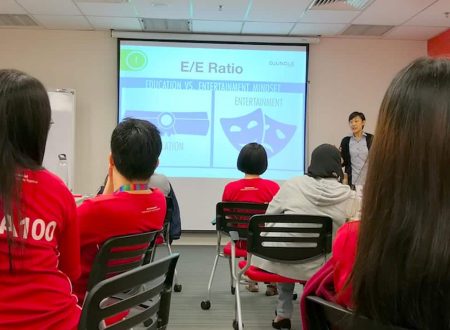By Siks Mikah
It wasn’t until the 80s that the job market was still looking at academic achievements to rate an applicant’s employability potential.
PhDs, masters and multiple degrees were safe passages to jobs and positions not to mention a glance at the prestige or rating of the university you attended.
At school, teachers would pay more attention to those rated “university material” while the others were left to somehow pass and find themselves a career. And when these ‘others’ managed to acquire their success through businesses or investments, their achievements were relegated to luck or patted on the back for sheer hard work.
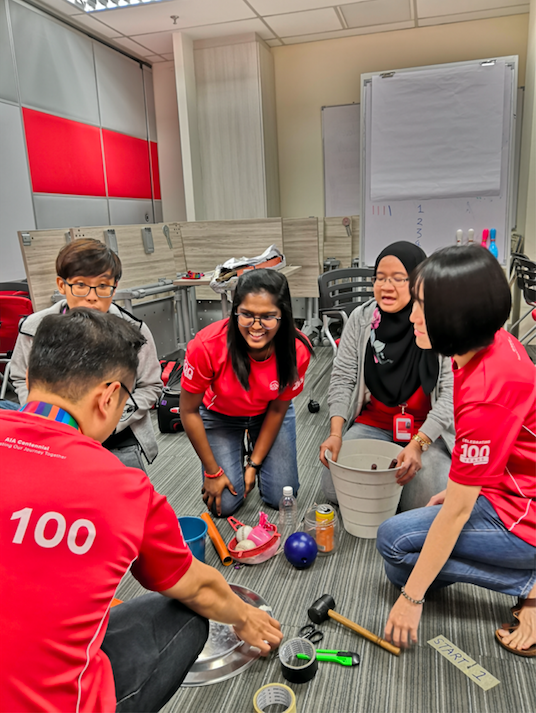
Being streetwise and adept in picking up skills whether as a building contractor or the coffee shop owner did not receive much recognition as a successful career. Well, at least not until building contractors turned into the likes of the late tycoon of Genting Tan Sri Lim Goh Tong and the coffee shops turned into chains like Old Town white coffee.
Fast forward 3 decades, today all the renown management and human resource gurus and researchers are virtually screaming for you not to be blinded by the academic accolades.
Change mindset
The trend today is to move away from a fixed mindset learning – a condition whereby one is aware of his own strengths and weaknesses but accepts it as his own limited parameters and there is no need to develop further.
According to Carol Dweck, a researcher in Stanford University on traits in a fixed mindset and growth mindset, people with a fixed mindset believe that talent alone would lead to success and no effort is needed.
On the other hand, people with a growth mindset believe that they can become smarter with time and experience. And when they realise that their effort has an effect on their success, they would put in extra time to learn and grow thus leading to higher achievement.
Growth mindset
Dweck’s theory in developing a growth mindset is one that puts all human resources back to a level playing field where the race is to be able to adapt to changes quickly and acquire skills to meet the challenges of IR4.0. People who work in companies that are also going through transformation would find the need to develop a growth mindset even closer at their heel.
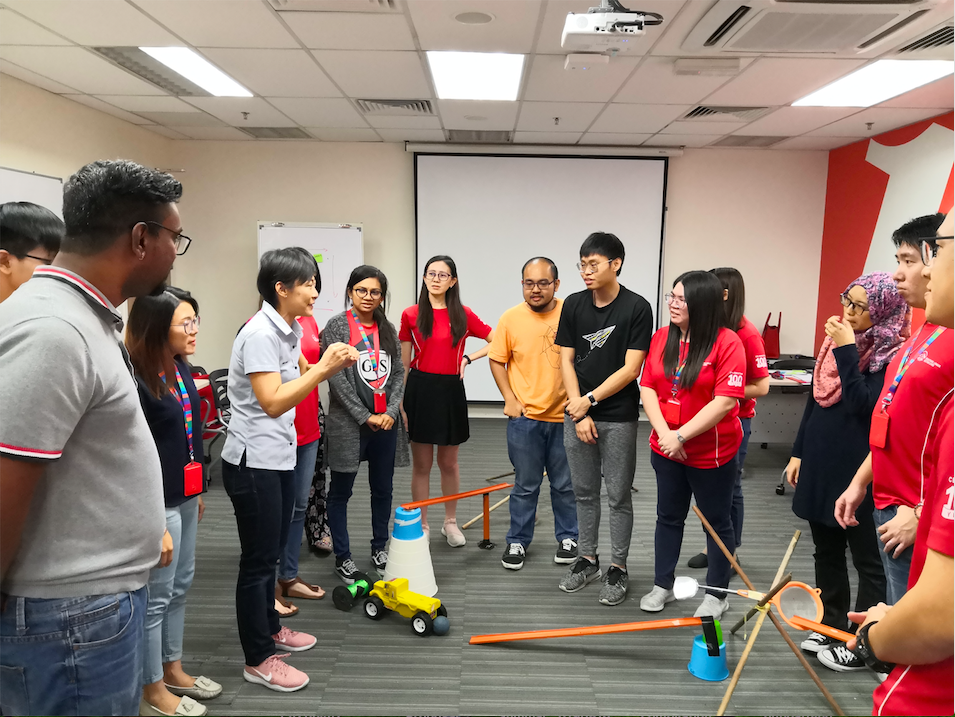
Strength and weaknesses
At a recent D Jungle People training programme for AIA Shared Services, participants found that to begin developing a growth mindset would mean being first aware of their own strengths and weaknesses.
“Being aware of one’s many strengths is difficult for most because we are often not aware of our strengths, and we are more often aware of our weaknesses. Without this, one has no reflection of the strengths and areas of improvement. Hence growth will be difficult,” trainer Iylia Kamal Mustapha Kamal explains.
Iylia was also reaffirming the basis for D Jungle People’s learning programmes – that everyone can learn and everyone should learn and grow if they do not limit themselves by subscribing to only profiling tools. And propagating the belief that, with the right environment, human beings can evolve.
Being in the right environment, one that is supportive and conducive for change in mindset is important. To develop the right mindset and belief that convince us that we can do whatever we set out to achieve.
The participants have also expressed their concern over the fact that while Malaysia’s status is somewhere between IR2.0 (Mass Production & Electricity) and IR3.0 (Computers & Automation), neighbouring countries like Laos and Cambodia are already experiencing IR4.0.
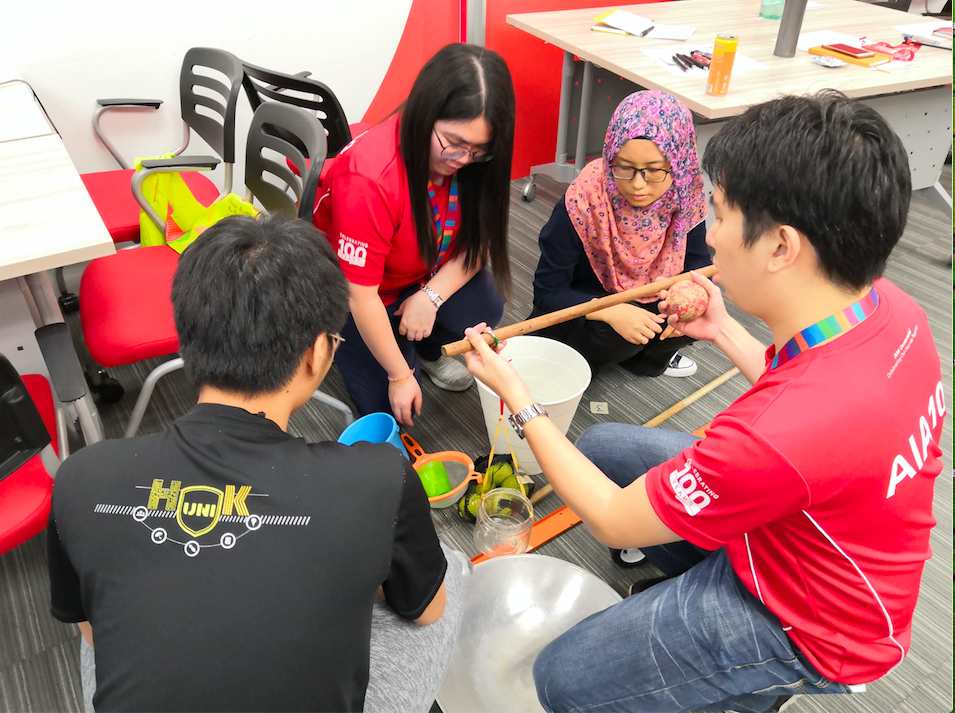
Overcome challenges
In a borderless world, it makes doing business across boundaries more difficult as countries in the region are progressing at different levels. This has challenged AIA Shared Services executives who had to work across countries and cultures. And the pace of change differs with each country.
For example, some countries have gone fully paperless hence things move faster, while some countries still prefer to use paper prints which slows down international processes. The workforce in Shanghai operates very quickly and efficiently as opposed to Kuala Lumpur which works at a generally slower pace.
The key to developing a growth mindset or nurturing one is learning to adapt fast and be courageous to try new experiences. Participants were encouraged to read more to gain knowledge. Learning can come via self-reflection, books, online learning, conversations with more experienced people, conversations with people from different fields and travelling.
But you can’t do this alone as you work in a community. The exercise should involve supervisors and colleagues to create a learning community who can come together to share current strengths and weaknesses at work. Another recommendation is to embed learning into Key Performance Areas or as factors to consider for job promotion and remuneration.
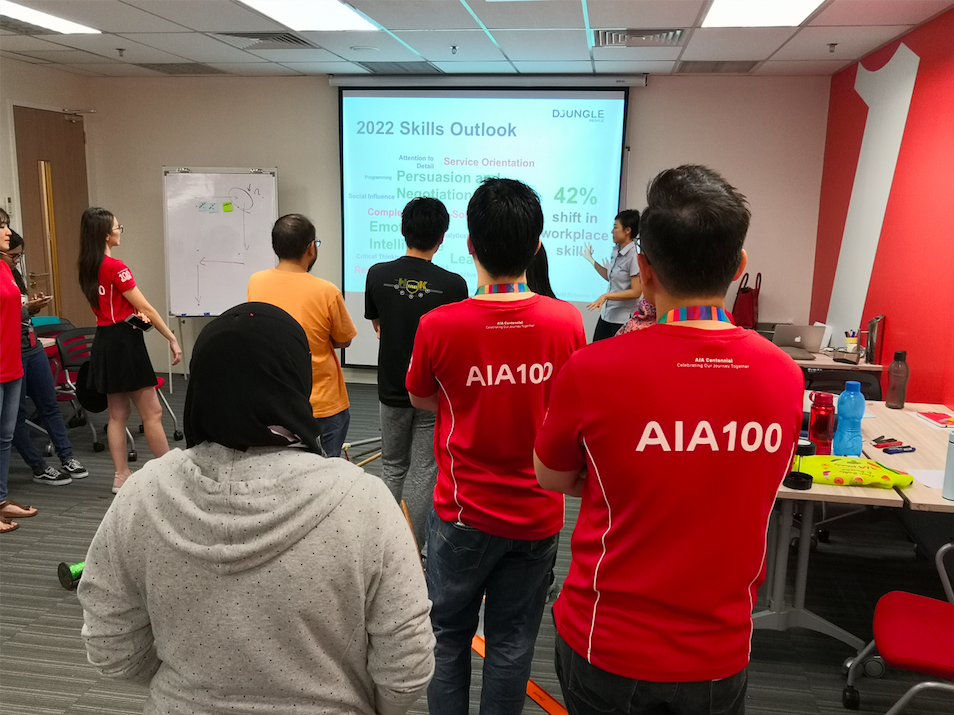
In an era where machines have taken over many jobs, the need to acquire skills to rise above machines is pertinent to stay relevant at a workplace. There are 10 skills that can be developed that machines can’t replace and they are listed by the World Economic Forum essential people-related skills required by 2022.
To have a growth or fixed mindset starts with one’s beliefs. It would be relevant to rethink personal beliefs because beliefs affect our behaviours and then develop into habits. Habits then produce results.
Ask yourselves these questions: “When faced with a new challenge, what is usually my first response? What do I tell myself when the challenge is tougher than usual? How do I see this affecting me?” The answers to those simple questions will then determine your behaviours.
